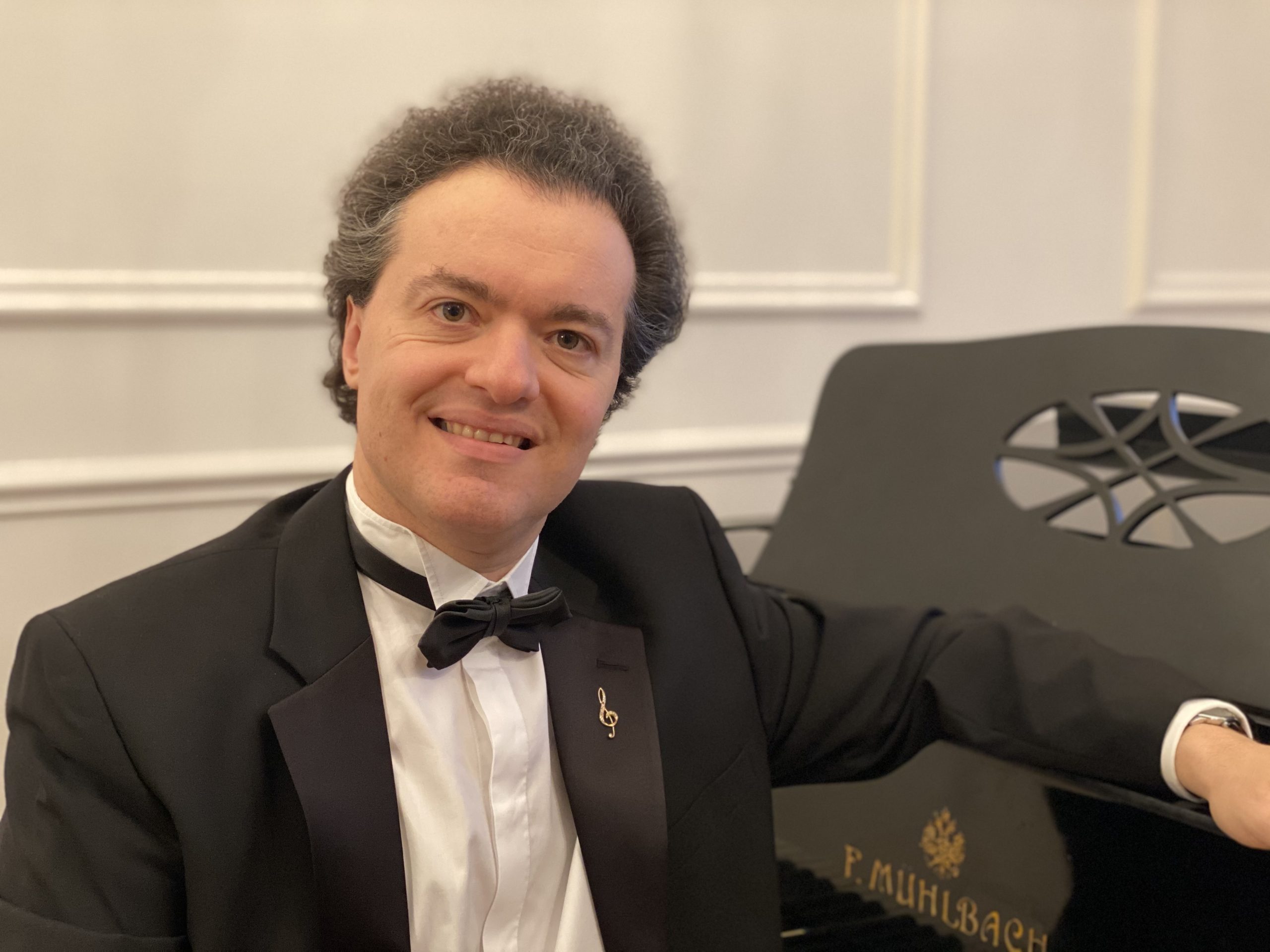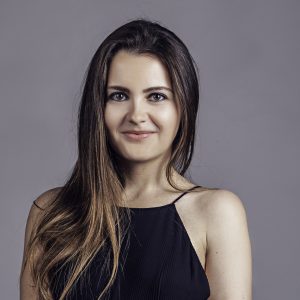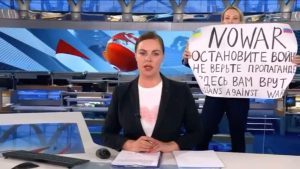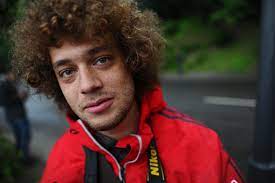Index relies entirely on the support of donors and readers to do its work.
Help us keep amplifying censored voices today.
In my work as a journalism lecturer, I am increasingly struck by the fact that many students don’t read books. By this I don’t mean they don’t read – they read all the time, constantly scrolling on their phones, laptops and devices. I mean physical books. As for newspapers: forget it. For this reason, I have taken to reading to them. I tell them to put their phones away (which some find almost impossible), to close their laptops and… listen. I don’t ask them to sit in a circle on the carpet, but it’s not far short of that… it is a moment for meditation, what some have come to call mindfulness. I have read them all sorts of authors: Orwell, Conrad, the great Dutch journalist Geert Mak, Joan Didion. They wriggle and fidget, but in the end their breathing calms down, their faces relax, and they sit and listen.
And I am going to do the same with you today. You are all busy people so I won’t ask you to put away your phones and devices, but I will ask you to listen as I read to you from one of the most celebrated authors of the 20th century, Arthur Koestler. Perhaps not so widely read today, Koestler was best known for his anti-totalitarian novel Darkness at Noon, but was also a prolific journalist and essay writer. This essay, On Disbelieving Atrocities, is from a collection of essays called the Yogi and the Commissar, published in 1944. The essay itself was originally published in the New York Times under the title The Nightmare That is a Reality. He describes the “mania” he feels when telling the world about Nazi atrocities. “We, the screamers, have been at it now for about ten years,” he says. But the screamers are struggling to be heard.
“We said that if you don’t quench those flames at once, they will spread all over the world; you thought we were maniacs. At present we have the mania of trying to tell you about the killing, by hot steam, mass-electrocution and live burial of the total Jewish population of Europe. So far three million have died. It is the greatest mass-killing in recorded history; and it goes on daily, hourly, as regularly as the ticking of your watch. I have photographs before me on the desk while I am writing this, and that accounts for my emotion and bitterness. People died to smuggle them out of Poland; they thought it was worthwhile. The facts have been published in pamphlets, White Books, newspapers, magazines and what not.
But the other day I met one of the best-known American journalists over here. He told me that in the course of some recent public opinion survey nine out of ten average American citizens, when asked whether they believed that the Nazis commit atrocities, answered that it was all propaganda lies, and that they didn’t believe a word of it. As to this country, I have been lecturing now for three years to the troops and their attitude is the same. They don’t believe in concentration camps, they don’t believe in the starved children of Greece, in the shot hostages of France, in the mass-graves of Poland; they have never heard of Lidice, Treblinka or Belzec; you can convince them for an hour, then they shake themselves, their mental self-defence begins to work and in a week the shrug of incredulity has returned like a reflex temporarily weakened by a shock.”
Koestler’s words still have the power to shock 80 years later…
I have been proud over the years to be something of a screamer — for the Observer, the New Statesman and most prominently as the journalist portrayed in the Hollywood film Official Secrets (dir. Gavin Hood 2019).
I now work as editor-at-large for Index on Censorship, initially set up in 1972 to publish and promote the work of dissident writers from behind the Iron Curtain. There has never been more for us to scream about. The atrocity deniers are everywhere: suggesting that outrages committed by Iran, Russia, Belarus, China are mere Western propaganda. We saw it on October 7th and we see it in Gaza.
My favourite screamer (and Koestler’s heir in some ways) is the journalist and academic Peter Pomerantsev. His second book, This Is Not Propaganda: Adventures in the War Against Reality (2019), should be required reading on all journalism (and public relations) courses. Pomerantsev comes from the same tradition as Index — his parents were Soviet dissidents arrested for “distributing harmful literature”. He warns that Putin’s Russia has ushered in a new age of atrocity denial driven by the troll farms of St Petersburg.
His family’s experience gives Pomerantsev a personal, visceral respect for objective truth, facts, reality. He tells the story of the legendary dissident publication The Chronicle of Current events.
“The Chronicle was how Soviet dissidents documented suppressed facts about political arrests, interrogations, searches, trials, beatings, abuses in prison. Information was gathered via word of mouth or smuggled out of labour camps in tiny self-made polythene capsules that were swallowed and then shat out, their contents typed up and photographed in dark rooms. It was then passed from person to person, hidden in the pages of books and diplomatic pouches, until it could reach the West and be delivered to Amnesty International, or broadcast on the BBC World Service, Voice of America or Radio Free Europe.” (This Is Not Propaganda, p 2)
Where does this leave us? We who are committed to telling the truth. We who respect facts. Are we listening to the screamers?
On the plane to Zurich, I was given my complimentary copies of Forbes and Vanity Fair and the answer was right there. Vanity Fair carried an article about Alexei Navalny, who grew to prominence through his exposure of corruption in Putin’s Russia, while the cover of Forbes was devoted to the Boeing whistleblower John Barnett. We perhaps need to start thinking about whistleblowers as corporate dissidents, as truthtellers, not subversives to be closed down.
Because Navalny and Barnett are both, in their way, screamers.
This is the transcript of a speech made to a meeting of chief communications officers from leading global companies in Zurich

Evgeny Kissin, one of the most famous pianists in Russia, has described Vladimir Putin as a “bloodthirsty criminal”. Photo: Wikimedia Commons/Gkobe
The world in which Index on Censorship was born seems to be reemerging. In August 1968, after the blossoming of freedoms in Czechoslovakia known collectively as the Prague Spring, the Soviet Union invaded the country. Protesters were brutally crushed. Despite the violence and the stranglehold on freedoms back in Russia, eight fearless dissidents took to Red Square in Moscow to demonstrate.
One of the bold demonstrators was Pavel Litvinov, a young physicist at the time. In that same year Litvinov had co-authored a pamphlet entitled Appeal to World Public Opinion, asking those in the west to fight against the suppression of dissent in the Soviet Union. The poet Stephen Spender responded, suggesting the creation of an international committee whose goal would be to support the democratic movement in the USSR. This committee would engage writers, scholars, artists and public personalities from countries like the UK, the USA and also Latin American nations.
This is how Index on Censorship was brought into life, responding to the call of these dissidents and giving them a voice.
More than 50 years later, the USSR doesn’t exist anymore, but Russia has shocked the world with the invasion and consequential brutal war in Ukraine. What remains is the courage and bravery of people and dissidents defying the regime of Vladimir Putin. Below are just six of the noticeable Russian citizens who’ve spoken up against Putin and the war in Ukraine.

Russian artist Victoria Marchenkova, who’s been using Facebook to encourage people in Ukraine to flee to Canada. Photo: Wikimedia Commons/Na4ya
“STOP THE WAR” – that’s what the Moscow-born artist Victoria Marchenkova wrote on her website. Marchenkova works with different styles, but with one thing in mind: approaching the economic situation of the world, international traditions and its heritage. After the war in Ukraine began, she announced on her website that her solo exhibition at a Moscow gallery had been delayed until the end of the Russian invasion. Her exact words? “Please let’s save the world all together. STOP THE WAR”. Very active on Facebook, she has also encouraged people in Ukraine to flee to Canada.[/vc_column_text][vc_custom_heading text=”2. Evgeny Kissin – pianist”][vc_column_text]The pianist Evgeny Kissin has been an important name from Russia who declared himself against the war. In a solemn video titled Note of Protest, Kissin called Russia’s invasion of Ukraine a crime that has no excuse and also described Vladimir Putin as a bloodthirsty criminal. “Sadly, far from all who initiate criminal wars are punished, but none escape the judgment of history,” Kissin said. The video was published on his Instagram account and was viewed around 100,000 times.[/vc_column_text][vc_custom_heading text=”3. Mikhail Gelfand – biologist”][vc_column_text]Renowned Russian biologist Mikhail Gelfand is considered one of the most important people in the area of molecular evolution, comparative genomics and systems biology. He was the main person behind a letter signed by approximately 7,000 Russian scientists against the war in Ukraine. It’s a bold move. The Russian president has said that every Russian citizen who questions his invasion of Ukraine will be treated as a traitor and that a necessary self-purification of society will help to strengthen the country.[/vc_column_text][vc_custom_heading text=”4. Marina Ovsyannikova – journalist”][vc_column_text]
Daughter to a Russian mother and an Ukrainian father, Marina Ovsyannikova is a Russian journalist who had a job on the Channel One Russia TV channel. She gained prominence after she broke into a state-controlled Russian TV news broadcast and protested against the war. As a result, she was arrested and fined, but was released afterwards. Today, while she waits trial for interrupting the news programme, she is very active on her Instagram account. If convicted, she could be sentenced to 15 years in prison. In a recent post on Instagram, she wrote: “I wanted to demonstrate to the world that not all Russian people believe the same and I believe that many people… are against the war.”

This video grab shows Russian Channel One editor Marina Ovsyannikova holding a poster reading ” Stop the war. Don’t believe the propaganda. Here they are lying to you” during on-air TV studio by news anchor Yekaterina Andreyeva, Russia’s most-watched evening news broadcast. Photo: Zuma Press/Alamy
[/vc_column_text][vc_custom_heading text=”5. Ilya Varlamov – blogger”][vc_column_text]The Russian Youtuber from Moscow has been speaking openly about the war in Ukraine on his Youtube channel, which is focused on analysing politics in Russia. Often critical in tone he has interviewed people such as Alexei Venediktov, the former editor-in-chief of the now-closed Ekho Moskvy. He has more than 3.3 million subscribers, where he’s been publishing videos almost daily. At the time of print, Varlamov had not been detained for his criticisms. He does have some experience of this though; he was briefly arrested in South Sudan after security found the remote control of a drone in his luggage, accusing him of trying to film military activities with the drone.

Russian Youtuber Ilya Varlamov. Photo: Wikimedia Commons/Mitya Aleshkovskiy
[/vc_column_text][vc_custom_heading text=”6. Youri Doud – blogger”][vc_column_text]Born in East Germany in 1986, Youri Doud sees himself as Russian by identity. He’s worked as a freelance journalist and in 2017 he launched a Youtube channel with the purpose of interviewing Russian celebrities. After Russia began its so called “mission” in Ukraine, Doud shared on his Instagram account a song called 100-year War, written by the group Noize MC, which has achieved millions of likes and reactions. The song discusses what artists should do when it’s not within their power to change a political catastrophe which is developing. The conclusion of the band is short and clear: “We have no other choice than to honestly speak up about what is happening. So that’s what we are doing.
Technology giant Cisco is being sued by Chinese political prisoners for allegedly providing the technology and expertise used by the Chinese Communist Party to monitor, censor and suppress the country’s citizens. Cisco, while rejecting the allegations as baseless, had publicly stated that it helped the CCP build its Golden Shield and Policenet web monitoring systems, commonly referred to as the Great Firewall of China. The case has been brought by US law firm Ward & Ward on behalf of several dissidents.
His 15-year jail term for spying and separatist activities is finally over, but Chinese dissident Hada, (who is ethnically Mongolian) is missing, along with his wife and son.
The 55-year-old writer was scheduled to be released last Friday, while the world was distracted by the Nobel-Liu Xiaobo shenanigans but the New York-based Southern Mongolian Human Rights Information Center believes Hada is still being detained.
The organisation said his sister-in-law had told them a state security official had delivered a CD over the weekend with pictures of Hada with his wife and son posing in what looks like a hotel room next to a table laden with food. The photos are dated 10 December, the day of his expected release. Curiously the photos had also been anonymously posted to a human rights website boxun.com a few hours earlier.
It is highly likely that the authorities are holding them either under house arrest or detention for the purpose of silencing them through isolation and so-called “ideological work”, the organisation’s president, Enghebatu Togochog, told Index.
It is common in China for freed dissidents to be further detained after their release for a while as a measure to prevent possible unrest and to stop media interviews. The photos may be to reassure his family he is fine and out of jail. But until now he has been prevented from calling his family.
So who is Hada?
The New York Times called him “one of China’s longest serving political prisoners.” He had called for greater autonomy for ethnic Mongolians living inside China in the Inner Mongolia region, a vast land of flat steppe: desert in the west, grassland in the east. The Mongolians share similar grievances as the Tibetans: They believe their culture is being diluted and destroyed by Chinese Han migrants.
Hada was arrested at a rally in the regional capital Hohot back in 1995 for his activities with the underground Southern Mongolian Democracy Alliance. According to the New York Times, the spying charges came from interviews he gave with overseas news media.